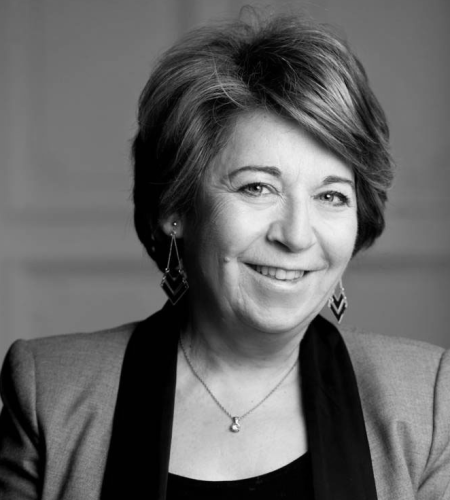
Corinne Lepage is one of those who have chosen to overcome the struggles of political shackles with backward-looking cleavages. Associate lawyer at Cabinet Huglo-Lepage, the leading law firm specializing in environmental law, former Minister of the Environment under the Juppé government, MEP from 2009 to 2014, conductor of a report for the creation of a Universal Declaration of Human Rights mandated by President Hollande in 2015, President of the citizen movement Cap21, Corinne Lepage is a leading figure in political ecology in France. Interview with the lawyer, the politician, but above all with the committed, passionate citizen, oh how worried about tomorrow.
Hello Corinne Lepage.
First of all, we want to question the committed citizen that you are. What are the subjects that particularly touch you ?
Intergenerational equity: our responsibility towards young people, our responsibility towards our resources and living things. And what worries you? I am also very concerned about the place that economic interests and lobbies have taken in contemporary societies. The decisions are not those that should be taken in the interest of our fellow citizens and more generally of humanity, of the common good.
Our society evolves in a sort of triptych: citizen / state / business, each feeding on each other. However, in 2009 you said ‘Civil society can no longer count on anything but itself to ensure its future’. It was after the Copenhagen summit. Today you are chairing the Cap21 citizen gathering and your slogan is ‘Let's build ourselves tomorrow’. In the summer of 2020, the 1st Citizens’ Climate Convention went in this direction. What is your view on this initiative?
I was very skeptical at first. But our fellow citizens have done a tremendous job in demonstrating the capacity of society in general, which they represent, to fully understand the issues. Unfortunately, some angry topics have been left out. Take the subject of energy. The issue of the energy mix is completely out of the debate. For me, it is unthinkable to talk about renewable energies and energy sobriety if we ignore the subject of nuclear power, which must be phased out in 20 years.
In the summer of 2020, Bercy announced 30 billion for the ecological transition. Do you have any hope for the concretization of the proposals of the Citizen's Convention?
The question is twofold. In this $ 30 billion, what is new? What is not the recycling of measures already decided? And what do we put in it? If you include nuclear-related operations, I don't consider this to be an ecological transition. If we include aid for the purchase of less polluting heat engines, for me that is not ecological transition either. I remain very attentive to everything that will be included in these investments.

You were a member of the CoPol (Political Committee) for the election of Emmanuel Macron. What are your ties to the government today?
I have no connection with the government. Within Cap 21, a movement that I chair (I would point out that I decided not to run for office any more), we absolutely do not defend the policy currently being pursued by the government. I have completely moved away from both environmental choices, social choices and the current mode of governance. It seems to me that we are moving further and further away from a truly democratic system and the “bottom up” nature of the presidential campaign. It doesn't suit me at all.
What is missing for consciousness to evolve rapidly ?
Les consciences en effet, c’est ce qui évolue le moins facilement. Je promeus depuis 2015 – et au départ c’était à la demande de François Hollande-, un texte qui s’appelle La Déclaration Universelle des Droits de l’Humanité, qui commence à prendre une ampleur internationale très encourageante. C’est un texte très simple, que chacun peut s’approprier, qui a l’avantage d’avoir été au départ porté sur les fonts baptismaux par l’Etat Français, par le Président de la République. Aujourd’hui, c’est un texte complètement porté par la société civile, y compris par les collectivités territoriales, par un certain nombre d’entreprises et des ONG. Il se diffuse beaucoup parce qu’il peut justement servir de base universelle quant à savoir ce que l’on peut faire aujourd’hui pour assumer ses responsabilités. Il est traduit dans une quarantaine de langues, signé par de très grandes villes, comme San Francisco, New-York, Madrid, Copenhague, Paris etc., soutenu par l’organisation internationale CGLU (Cités et Gouvernements Locaux Unis, ndlr), regroupant 240 000 villes dans le monde.
A few years ago, you were mandated by Ségolène Royal, then Minister of Ecology, to create a working group on the New World Economy. What did he become ?
We tabled our report in 2015. From there was born a movement that I co-chair with Myriam Maestroni, the MENE, the Movement of Entrepreneurs of the New Economy. We were talking about companies and lobbies earlier. I don't put everything in one basket. More and more companies are focused on the New World economy, which is in the economic interest. There is a real battle between the old world and the new world, that’s undeniable. But economics is not necessarily the enemy of ecology.
Always ask yourself if what you are doing is right.
You can't always do what you should do.
But you can always avoid doing what you shouldn't do.Corinne LEPAGE
Are you confident for tomorrow?
Never have things been so serious and difficult to me as they are today. But it is not good to give in to pessimism. You can't have the luxury of not being optimistic.
How could you sum up your discipline of life?
Have a sense of justice. In time, in space and permanently. Always ask yourself the question of whether what you are doing is right. There is always the option of choosing not to. You can't always do what you have to do. On the other hand, you can always avoid doing the wrong things.
Alexandra Corsi Chopin



